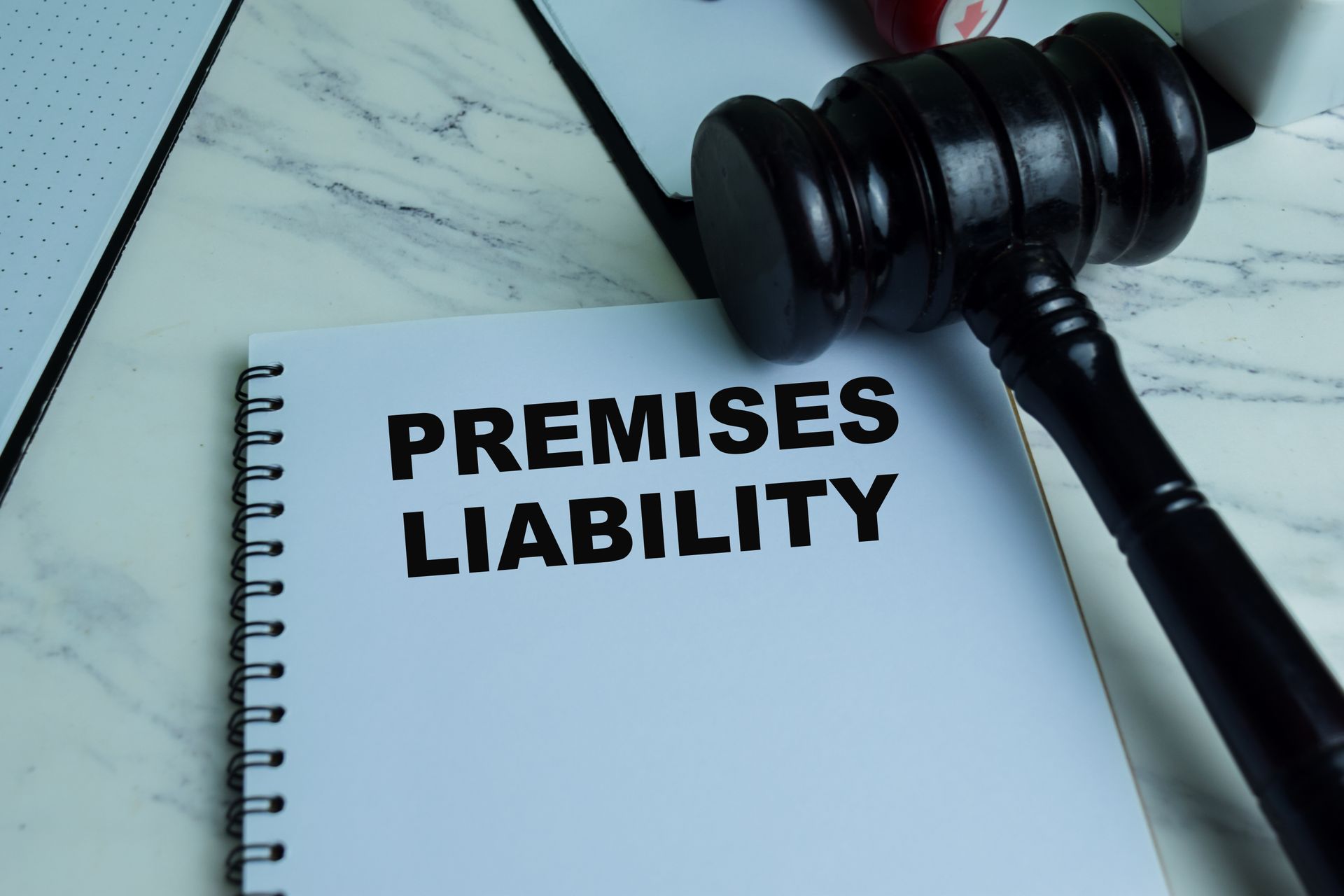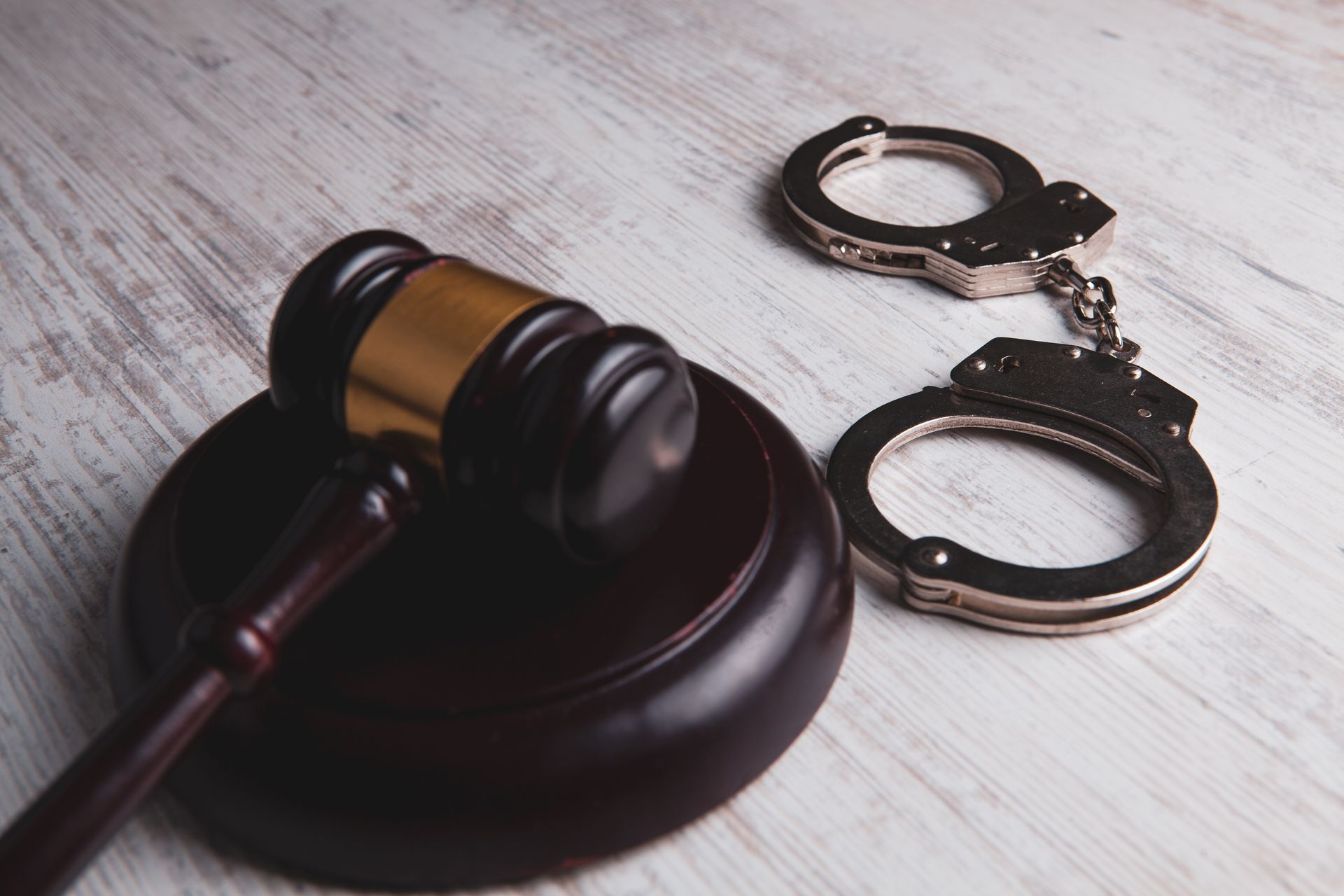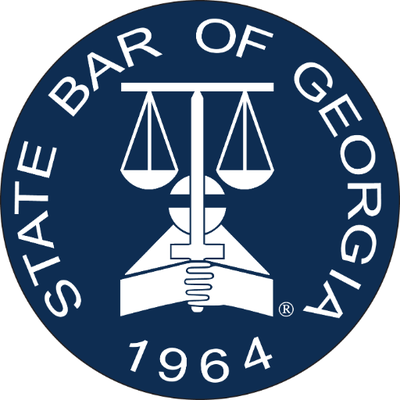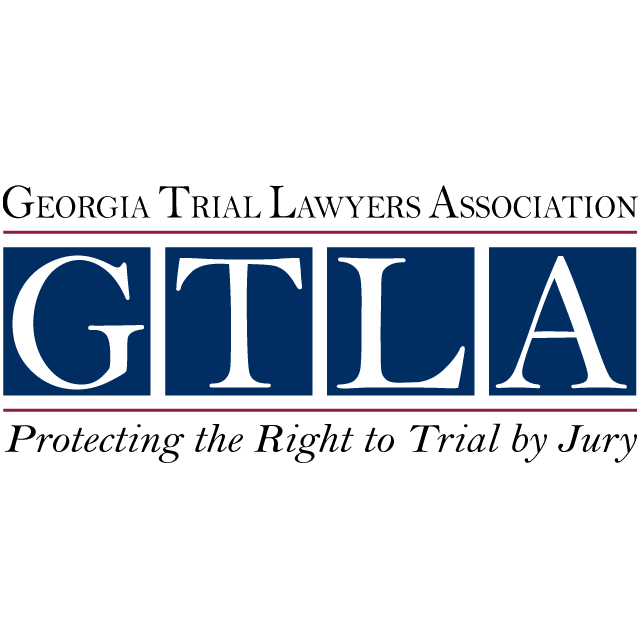October 31, 2025
How to Choose the Best Personal Injury Law Firm Near You: 7 Key Factors to Consider for Hiring the Right Attorney Finding the right personal injury law firm near you matters because local legal representation combines jurisdictional knowledge with practical case-building resources to maximize your recovery. This guide focuses on seven critical factors—experience and specialization, reputation and track record, communication and availability, fee structures and costs, firm resources and support, local knowledge and jurisdiction, and personal comfort and trust—to help you compare firms objectively. Many injured people struggle with confusing marketing claims and inconsistent fee explanations; this article gives concrete verification steps, exact consultation questions, and a checklist to simplify decision-making. You will learn how to verify trial records, interpret reviews, compare contingency fee arrangements, evaluate expert witness access, and prepare for consultations with clear document lists. What Experience and Specialization Should You Look for in a Personal Injury Lawyer? Experience and specialization for these purposes means that a lawyer focuses on relevant case types and has experience—trial work, medical expert networks, and documented outcomes—that improve case strategy and client recovery. Relevant experience produces better evidence presentation, faster investigation, and realistic valuation of damages; specialization ensures the attorney knows medical terminology, has access to expert witnesses, and typical defenses for your injury type. The specific benefit is clearer strategy and higher probability of favorable settlements or verdicts because the firm can anticipate opposing tactics. To evaluate experience, check for documented case results, ask for roles in similar matters, and confirm trial history through court dockets or publicly available records. This focus on demonstrable experience naturally leads to techniques for verifying reputation and track record across independent sources. How Do You Evaluate a Lawyer’s Relevant Case Experience and Trial Record? Evaluating case experience requires checking documented outcomes, trial frequency, and the lawyer’s role in each result to understand practical capability and courtroom readiness. Start by asking during consultation for anonymized case summaries and contactable references for similar matters, then cross-check with court records and published verdicts to confirm details. Look for patterns: successful negotiation histories, consistent use of expert witnesses, and a mix of settlements and tried cases indicate adaptability. Good answers include specifics—case type, your likely damages range, and whether the attorney personally led courtroom proceedings—which signal both competence and transparency. Verifying trial record prepares you to assess whether a lawyer is settlement-focused or trial-ready, a distinction discussed in the next subsection. Why Is Specialization in Personal Injury Law Important for Your Case? Specialization means a lawyer concentrates practice within personal injury subtypes—such as car accidents, medical malpractice, or traumatic brain injury—and uses specialized mechanisms like targeted expert networks and focused discovery strategies. This concentrated knowledge benefits clients by producing clearer medical narratives, faster expert retention, and finely tuned settlement valuations that reflect true damages. For example, a specialist who routinely handles traumatic brain injury cases can explain cognitive testing outcomes and identify which neurologists strengthen causation. Ask specialists about their expert panels and past use in litigation, because a deeper network often shortens investigation time and strengthens proof. Understanding specialization helps you frame questions that reveal whether a lawyer’s background matches your injury’s technical demands. What Questions Should You Ask to Verify a Lawyer’s Expertise? Use direct, specific consultation questions to verify expertise and assess how a firm will approach your case, focusing on outcomes and methods rather than marketing claims. Ask whether the attorney has handled cases like yours, request typical outcomes and the attorney’s role in each result, and ask which expert witnesses they retain and how often those experts testify. Also inquire about trial frequency, sample fee agreements for similar cases, and whether the firm fronts investigative costs before recovery. Strong answers include concrete examples, names of retained experts, and an honest appraisal of risks; weak answers are vague, evasive, or focused on general advertising language. These verification questions set the stage for assessing reputation and third-party evidence of performance in the next section. How Can You Assess the Reputation and Track Record of a Personal Injury Law Firm? Reputation and track record combine objective public records with subjective client feedback to create a fuller picture of firm credibility and performance. Objective sources include state bar license lookups and court records that show case outcomes and disciplinary actions, while subjective signals come from dated, detailed client reviews and responses from the firm. The benefit of cross-verification is reducing reliance on marketing claims and gaining evidence-based confidence in a firm’s ability to handle your case. To evaluate both angles, consult multiple review platforms, analyze detail and dates in testimonials, and confirm any awards or recognitions are peer-reviewed and relevant. Understanding reputation checks leads naturally to where to find reliable client reviews and how to interpret them. Where Can You Find Reliable Client Reviews and Testimonials? Reliable client reviews are those that include case specifics, timelines, and descriptions of communication; find them across neutral review platforms and legal directories, then cross-check for consistency and firm responses. Focus on reviews that mention injury type, outcome timeframe, and whether the reviewer communicated directly with an attorney or staff person, because specificity reduces the chance of fake or incentivized posts. Red flags include overly generic praise, identical phrasing across reviews, or a cluster of reviews posted in a very short period without detail. Check whether firms respond to critical reviews with corrective steps, as that indicates engagement and client service orientation. Evaluating review quality informs how much weight to give testimonials when comparing firms, which connects to how awards and recognitions should be interpreted next. How Do Awards and Professional Recognition Reflect a Firm’s Credibility? Awards and professional recognition can signal peer respect but require scrutiny of selection criteria—peer-reviewed honors or those requiring nomination carry more weight than pay-to-play listings. Evaluate whether an award is granted by independent organizations, whether the process involves peer evaluation, and whether the honor specifically recognizes litigation results or community service. Recognition should be corroborated with case records; awards alone do not prove courtroom effectiveness. Treat awards as one data point among client reviews, state bar records, and published case results to form a balanced view of credibility. After checking recognitions, confirm credentials and disciplinary history through authoritative sources as detailed in the next subsection. How to Verify a Lawyer’s Credentials and Disciplinary History? Verifying credentials involves checking your state bar lookup for active license status, reported discipline, and areas of certified specialization where applicable, which demonstrates official standing and any historical issues. Ask whether the attorney carries malpractice insurance and confirm professional memberships that reflect continuing legal education in personal injury law. If you find disciplinary records, evaluate severity, timeframe, and resolution—recent or serious sanctions warrant caution while older, minor issues may be less relevant. Requesting documentation and following up with the state bar provides transparent verification and reduces risk when choosing representation. Confirmed credentials lead naturally into assessing communication and client support standards.














